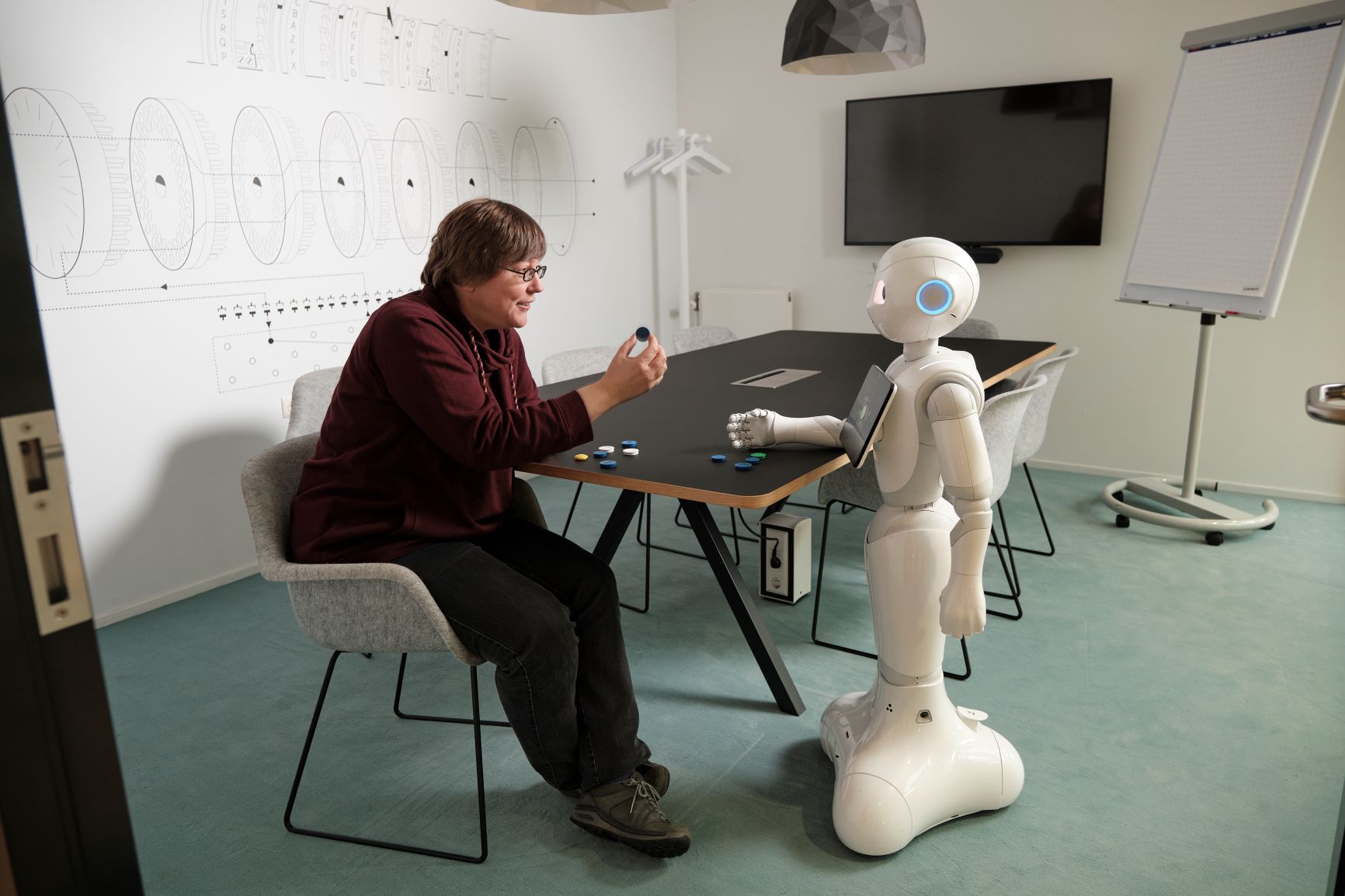AI is on its way
What are the implications of Artificial Intelligence (AI) for your role as a lecturer? In this and coming Educator newsletters you will be included in the developments surrounding AI and AI related techniques. You will read how you can prepare students for AI in their area of expertise. What knowledge is needed for applications of AI in your research field? How do we connect fundamental AI and AI applications, and how does this affect education? And what is – or can be – the role of AI technologies in and for education? Do you want to learn more about AI? Join one of the courses about which you will find more information on later in this article.
Self-driving cars, algorithms and facial recognition: all examples of AI (Artificial Intelligence) which most people will recognize. In the past years, AI became more and more important in our daily life. At TU Delft AI is a well-known research subject. In Natures Index 2020 AI Top 100 TU Delft is on the 65th place world wide of knowledge institutions that research AI. We work on new methods, research how AI-systems can help people, and how to use AI to analyze data and research
AI’s future. We expect AI to influence all fields of work and disciplines, for example in Energy & Sustainability, Security, Peace & Justice and Port & Maritime. Geert-Jan Houben, Pro Vice Rector AI, Data & Digitalisation, states: “We aim to ensure that students in all our programs are able to learn about what impact engineers and scientists can have with AI in their field.”
Artificial intelligence education
AI affects the way in which professions are practiced and how we use these new technologies for science. Education is necessary to prepare future graduates for this. Working with AI requires a basic understanding of techniques in computer science, besides you need to know how to use AI as an application in the technical domain disciplines. A typical example is how AI affects designing processes and what this means to human-computer interaction. There are many ways to apply AI; in the end, everyone will have to know something about AI. The application of AI often also raises ethical questions. Catholijn Jonker, professor in Interactive Intelligence states: “With the rise of AI, more and more tasks are shifting to intelligent machines. But we humans are developing too. In this co-evolution of man and machine, it is up to us to give direction to the development of these machines, and thus to our own development as well. Broad education and training are therefore indispensable.”
Join one of the AI courses
If you would like to know more about AI, this Elements of AI course in which the Dutch AI Coalition (NLAIC) and TU Delft are involved, developed by the University of Helsinki and Reaktor, is a very good starting point. This free course is set up for everyone who wants to know more about AI and teaches about the most important parts and core concepts of AI, such as neural networks, machine learning and societal implications of AI.
In the course Elements of AI there are 6 chapters in which you will learn about several aspects of AI. After this course, participants will be able to:
- explain philosophical core problems concerning AI
- apply Bayes’ theorem to predict simple scenarios
- differentiate between supervised and unsupervised machine learning
- understand technical methods which underlie neural networks
- recognize some big social effects of AI, including algorithmic bias, AI generated content and how AI affects privacy and work.
TU Delft has also developed AI courses for professionals, AI in Practice in collaboration with ICAI, Innovation Centre for Artificial Intelligence.
For more information about AI (related) education at TU Delft, you can have a look at the website or contact Susanne van Aardenne or Neeltje van Roessel of the TU Delft AI Initiative.

